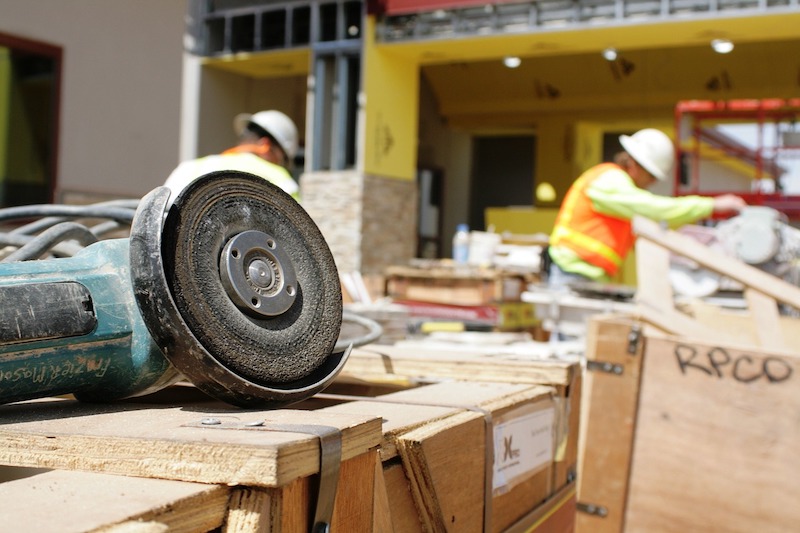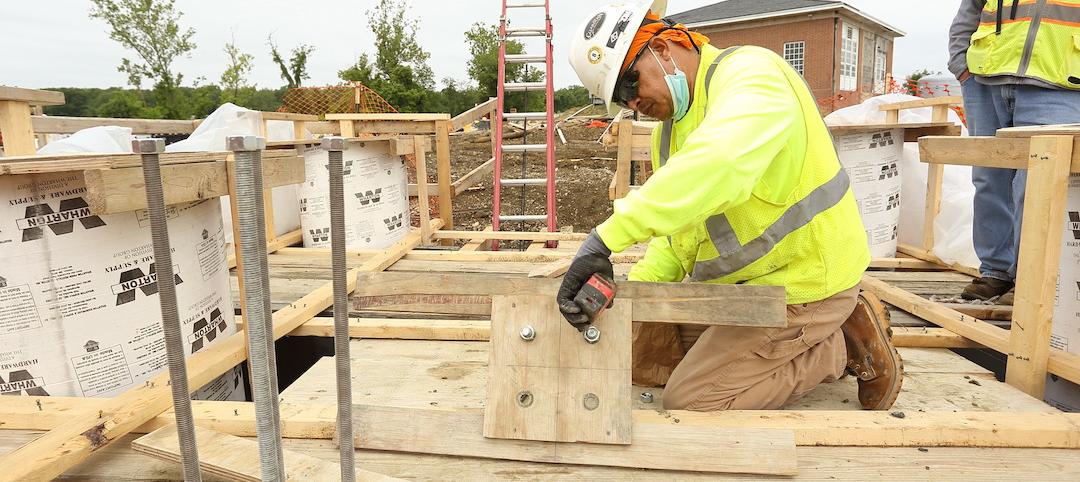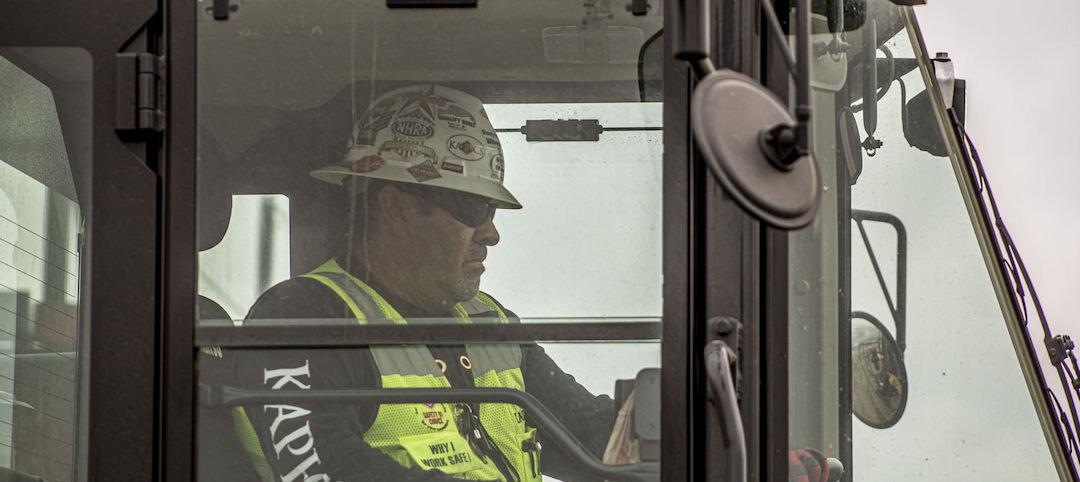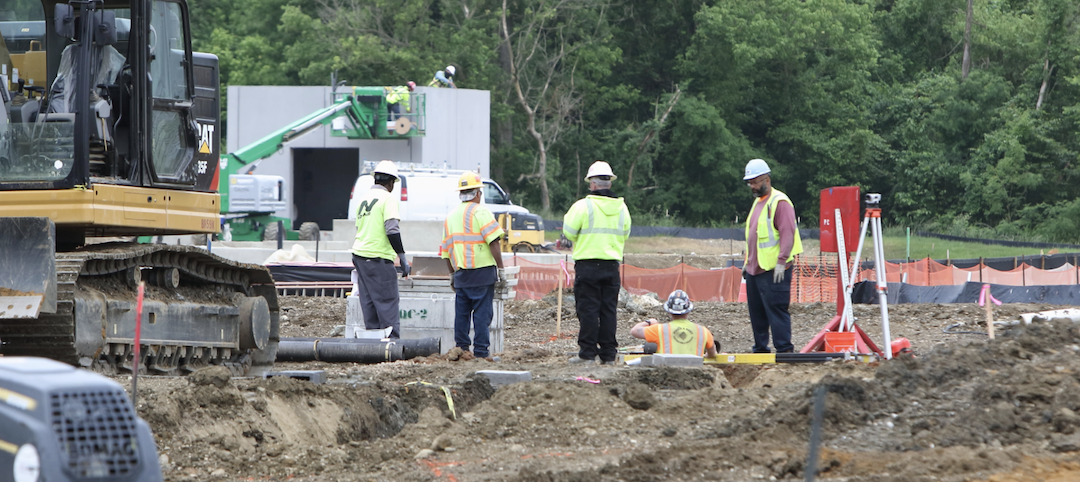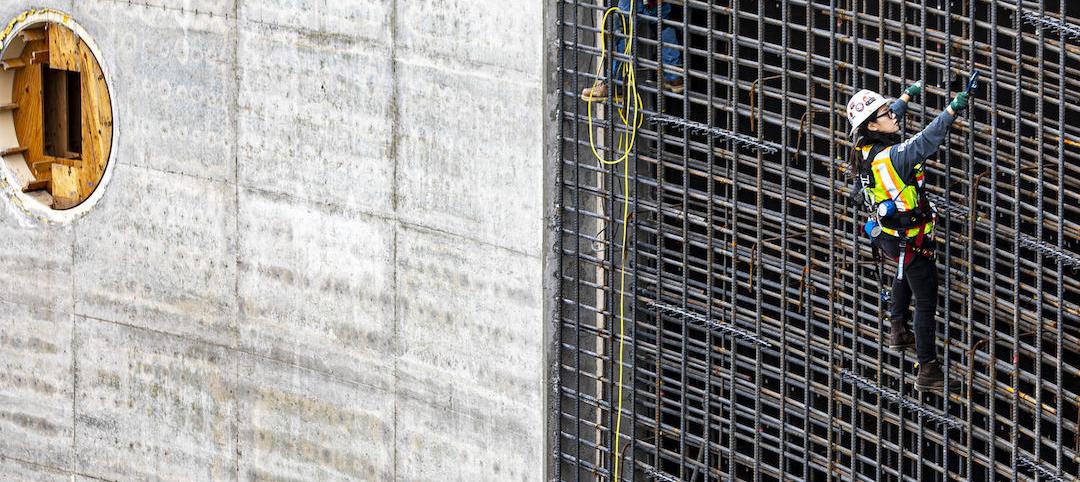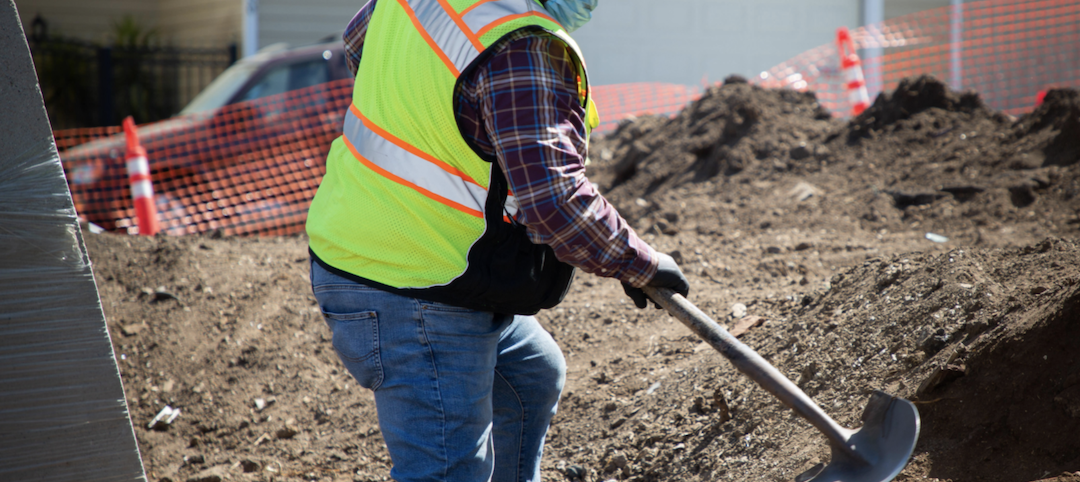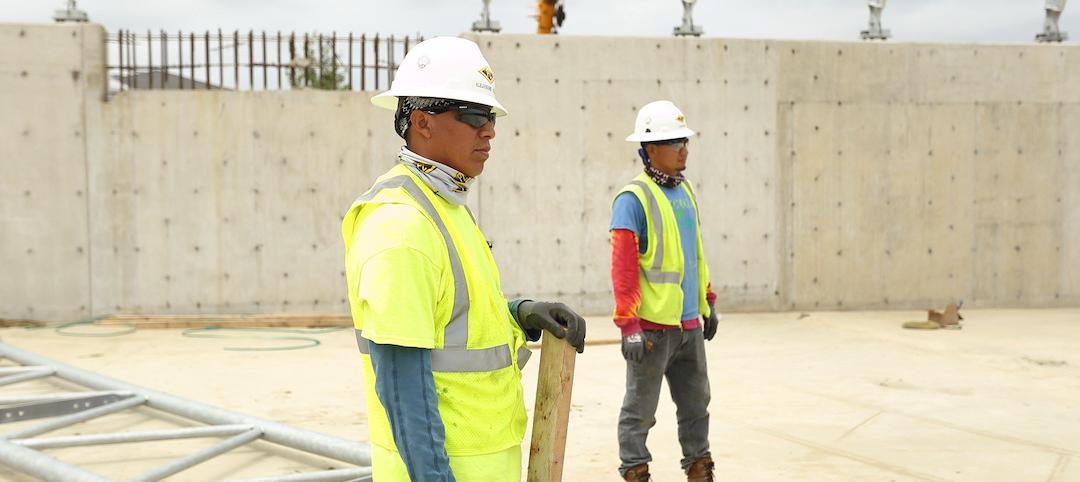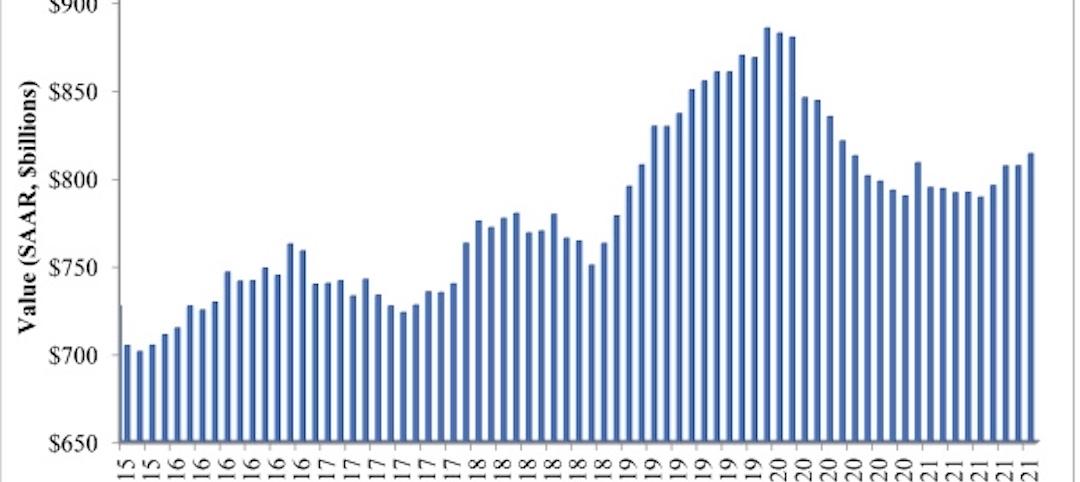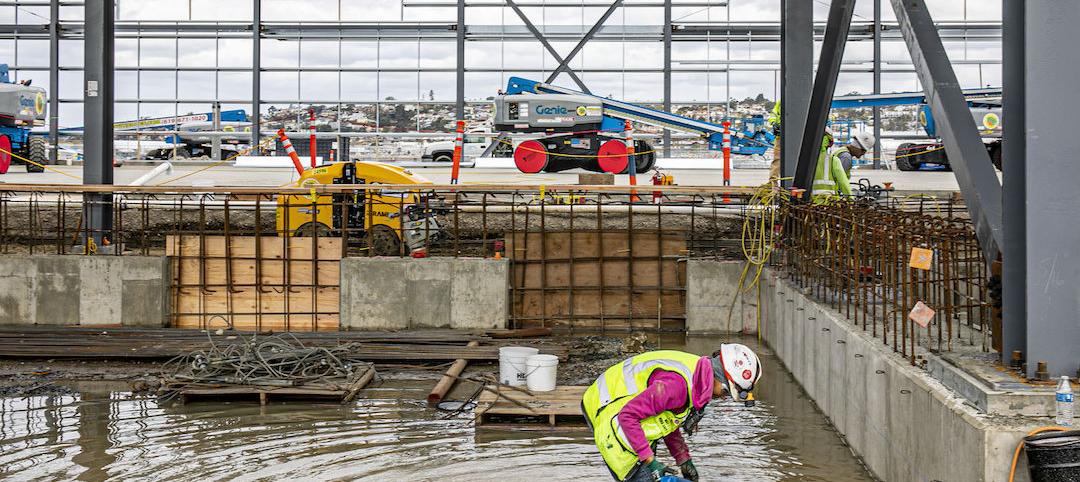Construction employment grew in 211, or 59%, out of 358 metro areas between December 2018 and December 2019, declined in 73 and was unchanged in 74, according to a new analysis of federal employment data released today by the Associated General Contractors of America. Association officials said that many firms report they are having a hard time finding enough qualified workers to hire, which likely undermined employment gains in some parts of the country.
“There are not enough qualified workers in many parts of the country for firms to be able to keep pace with strong demand for work,” said Ken Simonson, the association’s chief economist. “Construction workforce shortages appear to be holding back further job gains in many parts of the country.”
The Dallas-Plano-Irving, Texas metro area added the most construction jobs in 2019 (16,700 jobs, 11%). Other metro areas adding a large amount of construction jobs during the past 12 months include Los Angeles-Long Beach-Glendale, Calif. (12,300 jobs, 8%); Las Vegas-Henderson-Paradise, Nev. (9,400 jobs, 14%); Houston-The Woodlands-Sugar Land, Texas (9,300 jobs, 4%) and San Diego-Carlsbad, Calif. (8,600 jobs, 10%). The largest percentage gain occurred in Kansas City, Mo. (17%, 4,800 jobs), followed by Omaha-Council Bluffs, Neb.-Iowa (16%, 4,500 jobs); Auburn-Opelika, Ala. (15 percent, 400 jobs) and Rochester, N.Y. (15 percent, 3,000 jobs). Construction employment reached a new December high in 71 metro areas and a new December low in four areas.
The largest job losses between December 2018 and December 2019 occurred in New York City (-4,500 jobs, -3%), followed by Northern Virginia (-2,900 jobs, -4%); Riverside-San Bernardino-Ontario, Calif. (-2,600 jobs -3%) and Cincinnati, Ohio-Ky. (-2,400 jobs, -5%). The largest percentage decrease took place in Fairbanks, Alaska (-12%, -300 jobs), followed by Longview, Texas (-10%, -1,400 jobs); Wichita Falls, Texas (-10%, -300 jobs); Victoria, Texas (-9%, -400 jobs) and Huntington-Ashland, W.Va.-Ky.-Ohio (-9%, -700 jobs).
Association officials said workforce shortages were undermining strong employment gains in many parts of the country and urged federal officials to take steps to encourage more people to pursue high-paying construction careers. These steps include doubling federal investments in career and technical education to expose more students to construction career opportunities. And they called on Washington officials to establish a temporary work visa program to allow people with construction skills to work in markets impacted by labor shortages.
“Given the current state of demand for their services, many construction firms would be hiring more workers if only they could find them,” said Stephen E. Sandherr, the association’s chief executive officer. “Instead of convincing young adults to go into debt to pay for college, Congress and the administration should expose them to other options, including high-paying construction careers.”
View the metro employment data, rankings, top 10, history and map.
Related Stories
Market Data | Jan 6, 2022
A new survey offers a snapshot of New York’s construction market
Anchin’s poll of 20 AEC clients finds a “growing optimism,” but also multiple pressure points.
Market Data | Jan 3, 2022
Construction spending in November increases from October and year ago
Construction spending in November totaled $1.63 trillion at a seasonally adjusted annual rate.
Market Data | Dec 22, 2021
Two out of three metro areas add construction jobs from November 2020 to November 2021
Construction employment increased in 237 or 66% of 358 metro areas over the last 12 months.
Market Data | Dec 17, 2021
Construction jobs exceed pre-pandemic level in 18 states and D.C.
Firms struggle to find qualified workers to keep up with demand.
Market Data | Dec 15, 2021
Widespread steep increases in materials costs in November outrun prices for construction projects
Construction officials say efforts to address supply chain challenges have been insufficient.
Market Data | Dec 15, 2021
Demand for design services continues to grow
Changing conditions could be on the horizon.
Market Data | Dec 5, 2021
Construction adds 31,000 jobs in November
Gains were in all segments, but the industry will need even more workers as demand accelerates.
Market Data | Dec 5, 2021
Construction spending rebounds in October
Growth in most public and private nonresidential types is offsetting the decline in residential work.
Market Data | Dec 5, 2021
Nonresidential construction spending increases nearly 1% in October
Spending was up on a monthly basis in 13 of the 16 nonresidential subcategories.
Market Data | Nov 30, 2021
Two-thirds of metro areas add construction jobs from October 2020 to October 2021
The pandemic and supply chain woes may limit gains.


